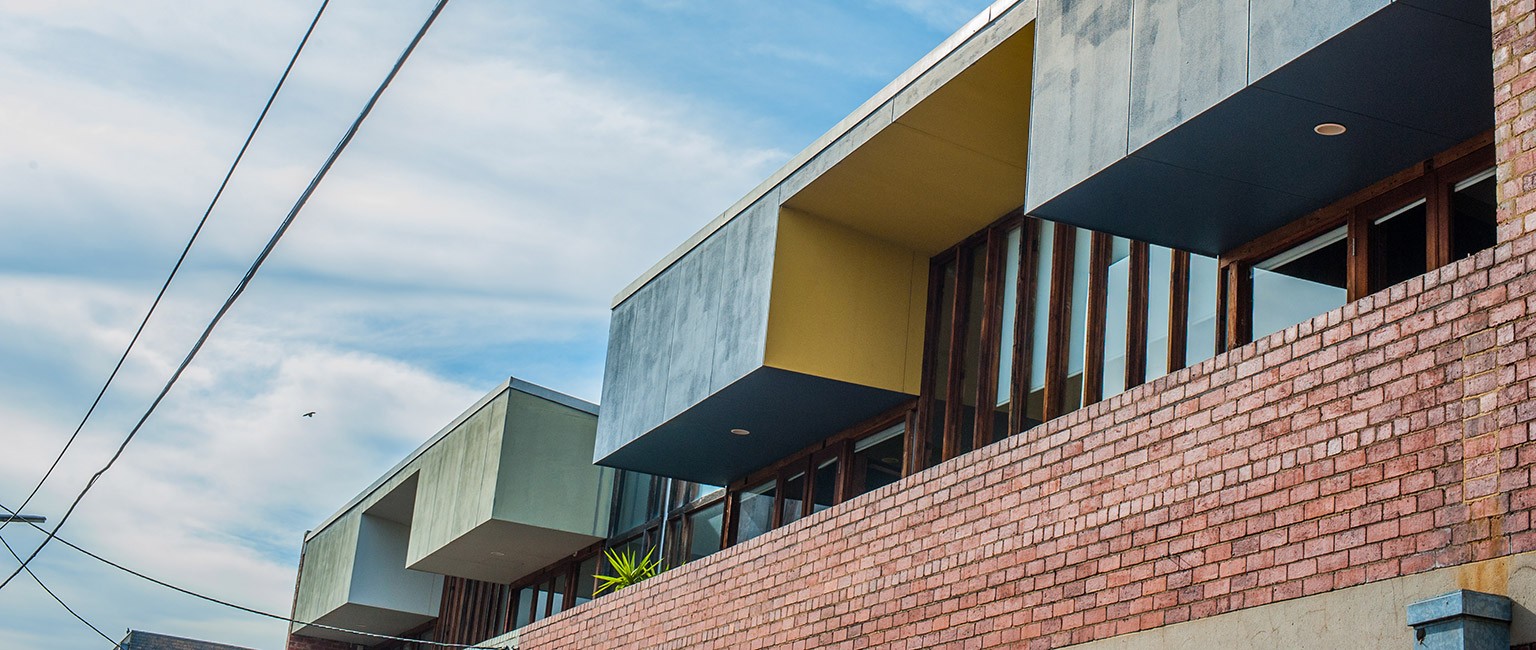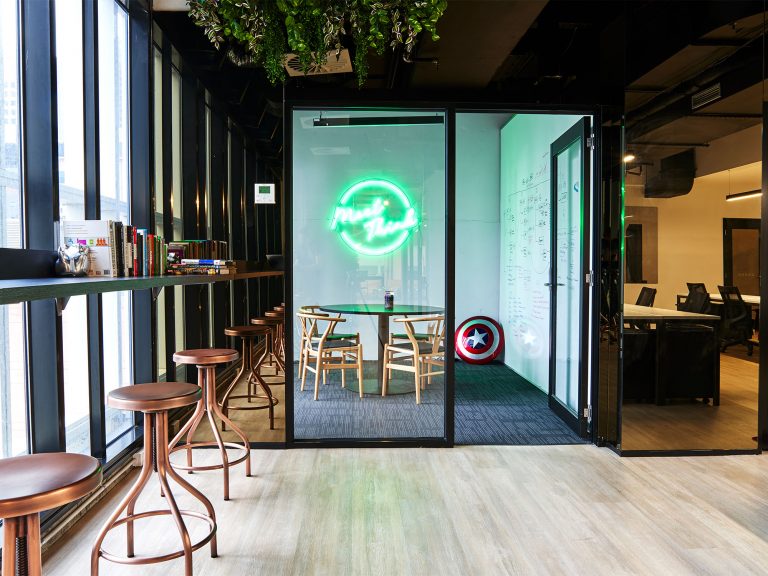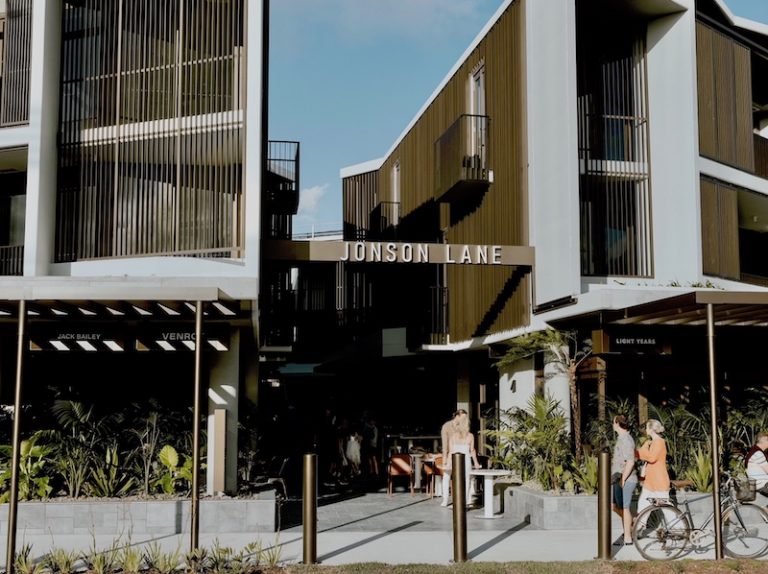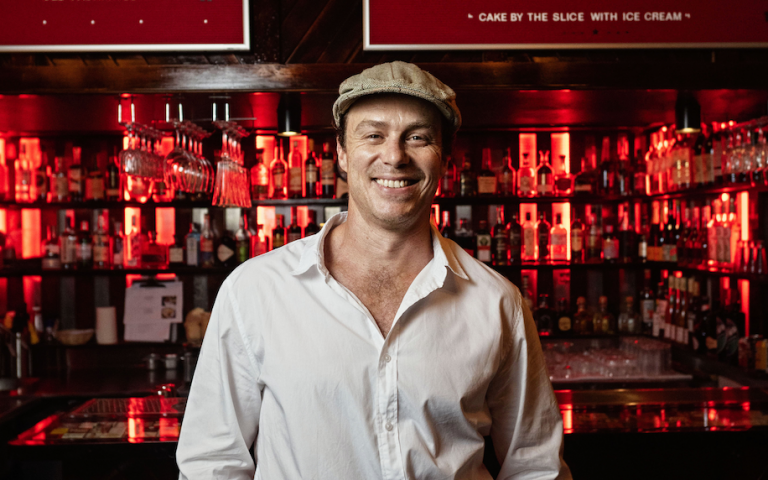Hot spots for start-up businesses

New business start-ups are the fuel of the 21st century’s economy and a key source of business for commercial property owners.
Frank Farrall, Lead Partner at consultancy firm Deloitte Digital has been following start-ups for years and says: “In much the same way as being in a band was cool in the 90s now it’s starting your own business.”
Farrall’s analysis hits the mark with 2014 research by Bankwest showing Gen Y’s make up the majority of the 15,300 people running new businesses last year, an increase of 8.5% in just 12 months.
So what is driving the long term trend?
“Undoubtedly traction is coming from the advantage in cost. We used to estimate that a start-up required $1 million in seed capital once you took into account the investment in IT and a marketing team along with an office to house them. Now with laptops, cloud IT and social media you can get started at a fraction of the cost.”
Portfolio managers targeting start-up tenants considering how to start a business should bear in mind that they have very different requirements, seeking flexibility above all else, and are acutely aware that one of their biggest outlays can be the lease. Farrall says the new business owners he sees are most interested in offices with shared collaborative areas and private space to do focused work; but without the long term commitment.

With laptops, cloud IT and social media you can get started at a fraction of the cost.
Free reign: The hot-desk office comes of age
“In the same way as you can get cloud based accountancy software for $60 per month, I think we will see more of these small fast growing businesses looking for pay as you go lease options with the ability to gear up and taper off with the ebb and flow of their business.”
According to Farrall, the key industries experiencing a surge in start-ups are in the digital economy, such as web design, financial data aggregators and payment app developers as well as professional services.
The hot spots where start-ups have emerged mirror those which saw a blooming of the creative arts 20 years ago; inner suburban areas like Collingwood in Melbourne and Glebe in Sydney, as well as older buildings in CBDs around Australia, but Farrall sees this mix changing in the future.

“The owners of older buildings that typically house share and incubator offices would be asking themselves about the opportunity cost and whether it might be better to convert this space into apartments which sell for $500,000 or more.”
The key industries experiencing a surge in start-ups are in the digital economy.
Vital impressions: What your office space says about your business
“As prices for this type of real estate rises, I would expect to see more start-ups move to areas like Footscray (in Melbourne’s inner west) where there is the infrastructure and proximity to the CBD.
“I would also think that universities, who have invested hundreds of millions of dollars in physical facilities, would increase the number of incubators they have on campus as the numbers of students physically attending lectures drops.
“The other factors I would draw the attention of portfolio managers actively targeting this market to are a location’s proximity to suppliers and its ability to attract the right talent. The workers these new business need are the cool kids looking for a career experience, not just an office space.”
Higher earning: Investing in uni towns







